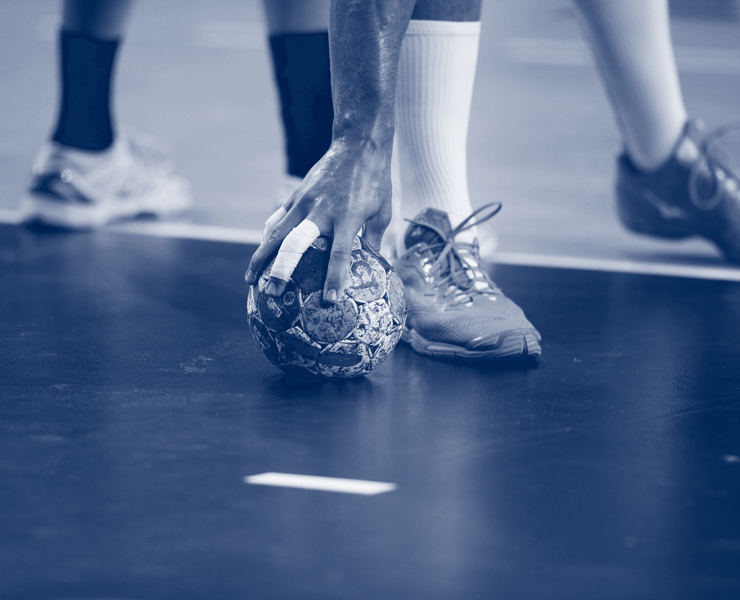Then Dagur and I received a phone call from the German club HSG/WTV Wuppertal. They offered us a professional contract. We agreed, mainly as Wuppertal had an Icelandic coach, Viggo Sigurdsson. We were promoted from the second division to Bundesliga, continued at a high level, and we had a great team, including another Icelander, Geir Svensson. I made my first steps abroad, developed as a player and got to know my agent, who is still one of my best friends: Wolfgang Gütschow.
And I was ready for the next step. I had two offers, one from Minden, where I would have played alongside Talant Dujshebaev, who later became the most influential coach in my career, and one from SC Magdeburg. I decided to join SCM – and I really had a tough first year – but then a new coach arrived, another Icelander: Alfred Gislason. He just started his coaching career, and he was so enthusiastic and willing to work hard. Alfred’s mentality was really what I wanted and needed in a coach.
At Magdeburg I met my best handball mate of all: Stefan Kretzschmar. Our personalities were quite different, but when it clicked, we became really good friends – and still are. We were the older guys for a young SCM generation, which, funnily enough, is still making an imprint on handball now with Bennet Wiegert, Maik Machulla, Christian Sprenger, Yves Grafenhorst and Christian Schöne.
Kervadec, the Russians – Atawin and Kuleshov – or Henning Fritz and Stefan Kretzschmar.
They were not only teammates, but friends and teachers – and they were like my mirror. I felt they were me and I was them as a team. We had such a strong bond, we shared the same spirits and ideas, and some friendships for a lifetime started. We were all so close, sitting together in the dressing room like brothers.
The hard work and focus paid off. We became German champions in 2001 and won the Champions League in 2002. We experienced the beauty of our sport and the beauty of a victory. Our success released a huge amount of happiness and power. I felt so happy for me and everybody in the team. I was so happy that I could contribute to this success.
Success is a team effort. A person, just like a river, needs to flow in all directions, be a part of other rivers and the sea. Otherwise, it becomes just a stinky pond, stuck in its own ego. The time in Magdeburg was a great example of that, both team-wise, coaching-wise and fan-wise.






















